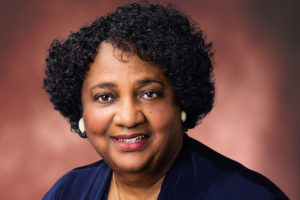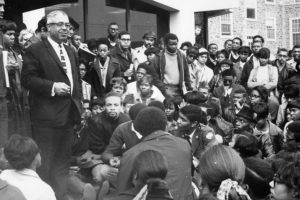
‘For Us, It’s More Than A Job’: Mississippians Jailed Unjustly Motivates MFP Reporter
“I cover the criminal justice and incarceration beat, and hardly anything riles me more than seeing people who might be in jail unjustly,” Kayode Crown writes. “Every colleague at the Mississippi Free Press, without exception, brings that kind of passion to our job. For us, it is more than a job.”












